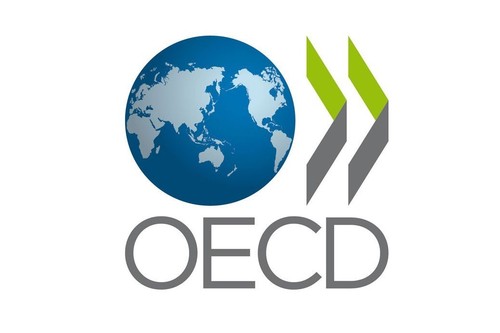China is conspicuously not a member

China is conspicuously not a member
Forty-one countries have come together this week to form the Global Partnership on Artificial Intelligence (GPAI).
Australia, Canada, France, Germany, India, Italy, Japan, Mexico, New Zealand, the Republic of Korea, Singapore, Slovenia, the UK, US, and other members of the EU will work together to support the responsible and human-centric development and use of AI.
The key confederation, in this case, is AI systems being consistent with human rights.
Lofty goals
“GPAI is an international and multi-stakeholder initiative to guide the responsible development and use of AI, grounded in human rights, inclusion, diversity, innovation, and economic growth,” the nations said in a joint statement.
“In order to achieve this goal, the initiative will look to bridge the gap between theory and practice on AI by supporting cutting-edge research and applied activities on AI-related priorities.”
GPAI will collaborate with industry partners, international organizations, and research institutes across four Working Group themes:
Responsible AI
Data governance
The future of work
Innovation and commercialization
In the short term, the partnership will also work on understanding how AI can be used to help society recover from the COVID-19 pandemic.
GPAI will be hosted by the Organization for Economic Co-operation and Development (OECD) at its headquarters in Paris, as well as at two centers of expertise in Paris and Monréal.
The Paris headquarters was chosen to enable GPAI’s scientific and technical work influence international AI policy; the centers of expertise will provide administrative and research support for the practical projects undertaken.
“AI is a truly transformational technology that could play a catalyzing role in our response to COVID-19 and other global challenges provided it is developed and used with trust, transparency, and accountability,” OECD Secretary-General Angel Gurría said.
“The launch of GPAI, an initiative grounded in the OECD AI Principles, marks an important step toward this goal. The OECD is looking forward to building powerful synergies between cutting-edge scientific work envisioned by GPAI and the OECD’s AI policy leadership.”
In 2017, China – which is not a member of the GPAI or OECD – announced that it planned to become the world leader in artificial intelligence by 2030.
About the Author(s)
You May Also Like
.jpg?width=700&auto=webp&quality=80&disable=upscale)
.jpg?width=700&auto=webp&quality=80&disable=upscale)
.jpg?width=700&auto=webp&quality=80&disable=upscale)


.jpg?width=300&auto=webp&quality=80&disable=upscale)

.jpg?width=300&auto=webp&quality=80&disable=upscale)